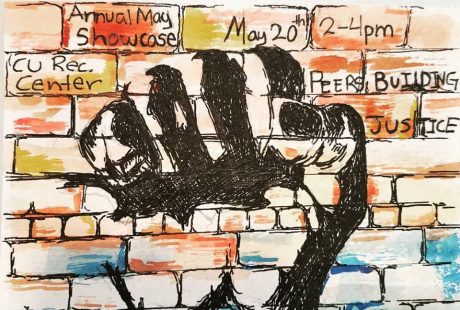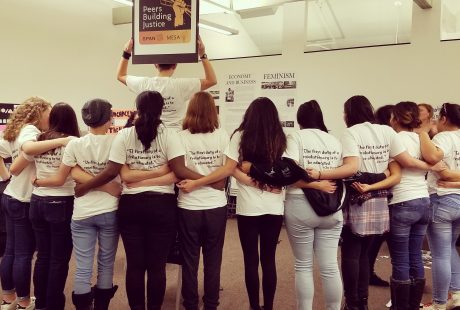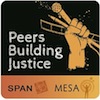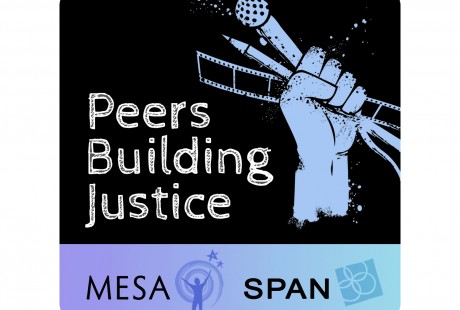Calling at BVSD educators!
With the new school year starting, it’s once again time to schedule with PBJ to host our curriculum presentations. PBJ uses an evidenced-based youth violence prevention curriculum that is based on Safe Dates & Expect Respect. The full curriculum requires 6-8 hours of class time to complete.
To schedule a curriculum presentation in your classroom or youth group contact:
[one_half]
Jackie Manzo
Youth Violence Prevention Educator, SPAN
Jackie@safehousealliance.org
303.449.8623
[/one_half]
[one_half_last]Reina Ross
K-8 Violence Prevention Educator, SPAN
Reina@safehousealliance.org
303.449.8623
[/one_half_last]
Below is an outline of material covered in the curriculum.
Session 1: Introductions & Defining Caring Relationships
- Introductions, mandatory reporting, goals for sessions, group agreements
- Defining Caring Relationships
Session 2: Power and Control & Defining Dating Abuse
- Defining power- Individual, Collective, Institutional & access to resources
- Defining Dating Abuse– Harmful Dating Behaviors What is Abuse?
Session 3: Why do People Abuse?
- Why do people abuse
- Video: Causing Pain: Real Stories of Dating Abuse and Violence
- Warning Signs of Abuse
Session 4: Sexual Assault, Sexual Harassment, and Consent
- Defining Consent & Sexual Assault
- Sexual Harassment vs. Flirting
Session 5: How to Help Friends
- Why don’t people leave?
- How to help a friend
- Role Play
Session 6: Overcoming Gender Stereotypes
- Images and where they come from discussion
- Gender Stereotypes in the media video compilation, discussion
Session 7: Identifying and Communicating Emotions
- Extending Feeling vocabulary
- Knowing When You’re Angry/How to use Calming Strategies
- Assertive Communication
Session 8: Conclusion
- Review of sessions, remaining questions








